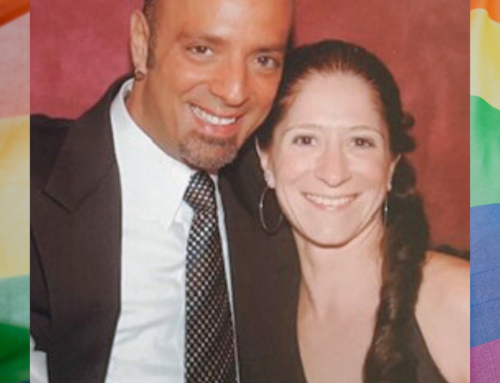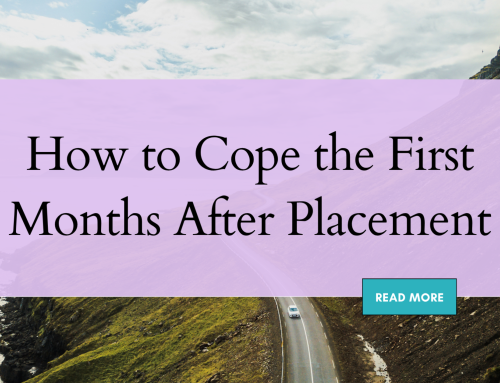 While the only way to know with certainty whether or not you are pregnant is by taking a pregnancy test, many women experience a similar set of physical changes in the first weeks after becoming pregnant.
While the only way to know with certainty whether or not you are pregnant is by taking a pregnancy test, many women experience a similar set of physical changes in the first weeks after becoming pregnant.
6 Symptoms Of Early Pregnancy
Read through this list of early pregnancy signs; if you’re experiencing many of the symptoms we’ve outlined, you may want to purchase a home pregnancy test. Most brands are about 99% accurate one week after a missed period. You can also visit a doctor or health clinic for a blood test that can usually detect elevated pregnancy hormones even earlier.
1. You Missed Your Period
This is the most obvious sign, since menstruation is precisely what happens when you’re not pregnant. If you’re usually regular, but your period is taking a few days longer to show up than normal, you might want to get a pregnancy test to make sure.
There are many other reasons why you might be late, or not have a period at all this month, so a missed period is not necessarily a sign of pregnancy.
Some women experience bleeding during early pregnancy, too. This is often normal: it’s called “spotting,” and happens when a fertilized egg implants in the lining of your uterus. And as the walls of the vagina thicken, some women have a white discharge in addition. Bleeding can also happen when something’s wrong, so it’s best to discuss your symptoms in detail with a health care provider, no matter whether or not they seem normal.
2. You’re Really Tired, For No Apparent Reason
Inexplicable fatigue is one of the most common signs of pregnancy.
Most symptoms of pregnancy are the result of rising hormone levels as your body prepares to support another life. This extreme tiredness seems to be the same way, and most researchers think it has to do with increases in progesterone, which thickens uterine lining to prepare a fertilized egg for implantation.
If you think you may be pregnant, and you’re experiencing fatigue, the best thing to do is rest. Take it slow, and eat plenty of protein and iron-rich foods.
3. Your Breasts Are More Sensitive Than Normal
Breasts can change in a lot of different ways during pregnancy, but at the start it’s likely that they’ll become tender and sore.
Hormones are to blame here, too, as fats build up in preparation for milk production. Your nipples may protrude more than normal, and your areolas, those rings around your nipples, may darken as well.
4. You’re Peeing A Lot
For some women, frequent urination only starts once the uterus grows large enough to push down against the bladder. All that pressure triggers the urge to urinate more often, and with less total volume available, your bladder fills up quicker than it used to.
But during early pregnancy, your body starts pumping extra blood right away. As a result, your kidney has to perform more work than usual and you might find yourself running to the bathroom a lot.
There’s not really anything you can do to stop it, but definitely don’t cut down on your fluid intake. Adequate hydration is very important during early pregnancy.
5. You Can’t Stand The Smell Or Taste Of Certain Foods
“Aversions,” to tastes or smells, are a super common part of pregnancy, and for many women, the nausea can start as early as two weeks after conception. You might open the fridge, see or smell what used to be your favorite food and feel sick immediately.
Hormones are probably at the root of food aversions, progesterone especially. One of progesterone’s effects is to slow down digestion, which can lead to constipation. But it also means that your stomach won’t be able to process foods as quickly. Some experts say that when your stomach thinks it’s too full, it sends signals to your brain that it should purge in some way.
That’s just a theory, and another school of thought says that your body is actually telling you not to eat things that may harm you or your baby.
6. You’re Getting Dizzy Or Lightheaded
Earlier we said that your body begins producing more blood than usual during pregnancy. That’s because more is needed to support your changing uterus, in addition to the amount you’re body normally needs.
But when a lot of your blood is tied up doing pregnancy work, it takes longer for adequate amounts to reach your brain. So when you stand up, you might feel lightheaded. The hormone progesterone also dilates blood vessels, which lowers your blood pressure, and can lead to dizziness on its own.
What Should I Do Now?
First, note that just because you may be experiencing some or many of these symptoms doesn’t necessarily mean that you’re pregnant. For a look at which other common medical conditions can cause the early signs of pregnancy, click here.
And because every woman experiences pregnancy differently, many people won’t feel all of the changes we mentioned.
But if you think you might be pregnant, take a home pregnancy test. Those will be most accurate one week after you’ve missed your period. If you get a negative result, try again a few days later. If it’s positive, schedule an appointment with your health care provider. They’ll be able to administer more dependable tests, and can help you start discussing your options.




